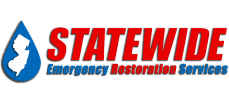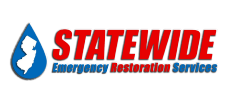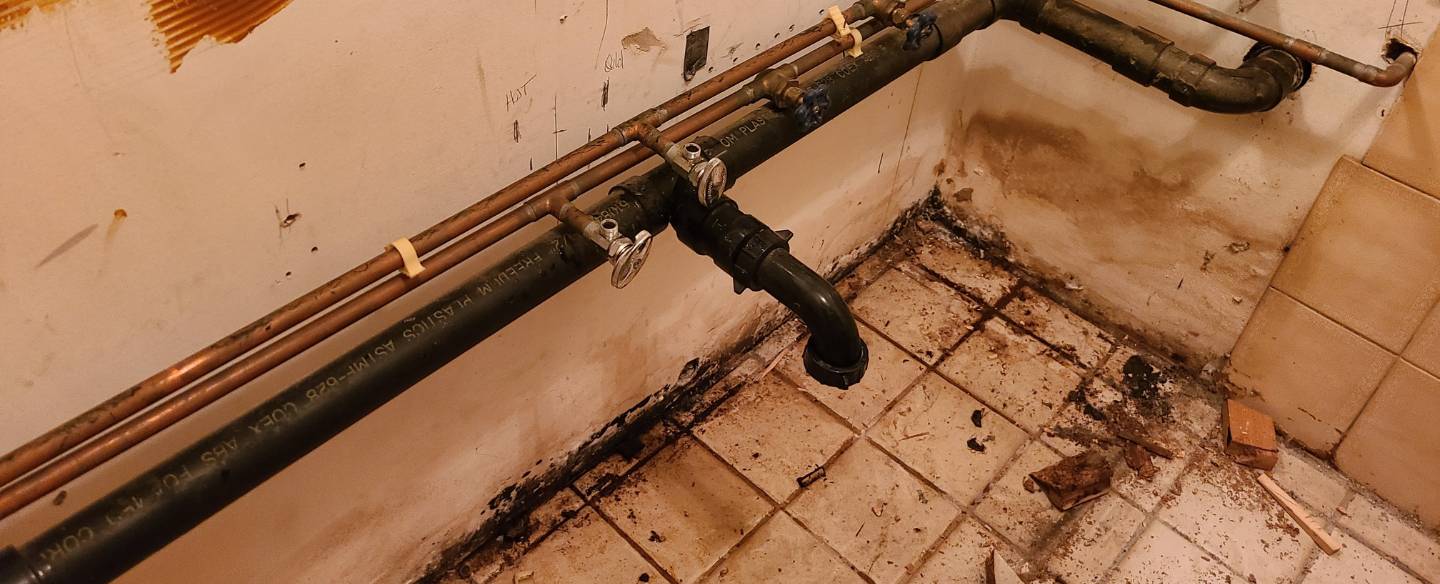Frequently Asked Questions
Mold Testing
-
Mold testing is important because it helps identify the presence of mold in your home or property. Testing can determine the type and concentration of mold spores, assess potential health risks, and provide valuable information for remediation efforts. It is particularly important if you suspect mold growth or if you or your family members experience unexplained health issues related to mold exposure.
-
You may consider mold testing if you notice visible signs of mold, experience persistent musty odors, have had a water leak or moisture issue, or if you or your family members are experiencing unexplained health symptoms that could be related to mold exposure. Testing can help identify the presence of mold, assess the extent of the problem, and guide appropriate remediation measures.
-
Mold testing can be conducted through various methods, including air sampling, surface sampling, and bulk sampling. Air sampling involves collecting air samples to measure the concentration of mold spores in the indoor environment. Surface sampling involves swabbing or tape-lifting samples from surfaces to determine if mold is present. Bulk sampling involves collecting physical pieces of material suspected to contain mold. The specific testing method depends on the circumstances and goals of the testing.
-
While DIY mold testing kits are available, it is generally recommended to hire a professional mold testing service for accurate and reliable results. Professional mold testers have the necessary expertise, equipment, and knowledge to conduct thorough testing, interpret the results, and provide appropriate recommendations based on their findings.
-
Mold testing can provide valuable information about the presence and concentration of mold in your home, but it does not determine whether your home is “safe” or not. Mold spores are naturally present in the environment, and their presence does not automatically indicate a health risk. The interpretation of mold test results, along with a comprehensive assessment of the property and potential health symptoms, is necessary to evaluate the overall safety and determine the need for mold remediation measures.
Remember, mold testing is just one step in the process of addressing mold issues. If mold is detected, it’s important to consult with a professional mold remediation service to develop a comprehensive plan for removing the mold and addressing the underlying moisture or water issues to prevent future mold growth.
Mold Remediation
-
Mold remediation is the process of removing and preventing the growth of mold in indoor environments. It is necessary because mold can cause health issues and damage to buildings. Proper remediation ensures the safety and cleanliness of the affected area.
-
Some common signs of mold growth include a musty odor, visible mold growth, water damage, or recurrent moisture issues. If you notice any of these signs or have experienced a water leak or flooding, it is advisable to have a professional mold inspection to assess the extent of the problem.
-
While minor mold problems can sometimes be handled by homeowners using DIY methods, it is generally recommended to hire a professional mold remediation service for significant or recurring mold issues. Professionals have the expertise, equipment, and knowledge to handle mold safely and effectively, ensuring thorough removal and prevention.
-
The duration of mold remediation depends on various factors, including the size of the affected area, the extent of the mold growth, and the complexity of the remediation required. Simple cases may take a few days, while more extensive mold problems could require several weeks. A professional mold remediation company can provide a more accurate estimate after assessing the specific situation.
-
Mold remediation eliminates the existing mold and restores the affected area to a healthy condition. However, it does not guarantee that mold will never return. Mold spores are naturally present in the environment, and if the conditions for mold growth (such as excessive moisture) are not addressed, new mold problems may arise. It’s essential to identify and fix the underlying causes of mold to prevent future issues.
Please note that specific details and advice may vary depending on the particular circumstances, so consulting with a professional mold remediation service is always recommended for accurate guidance.
Water Mitigation
-
Water mitigation refers to the process of removing water and preparing your property for restoration after water damage or a flood. It is necessary to prevent further structural damage, mold growth, and the potential health risks associated with excess moisture.
-
It is crucial to contact water mitigation professionals as soon as possible after water damage occurs. The faster they can start the remediation process, the greater the chances of minimizing damage, preventing mold growth, and salvaging affected items.
-
While minor water damage may be manageable for homeowners, it is generally recommended to hire professional water mitigation services for moderate to severe damage. Professionals have the necessary expertise, equipment, and knowledge to thoroughly assess the extent of the damage, extract water, dry affected areas, and mitigate potential risks effectively.
-
The duration of water mitigation depends on several factors, including the extent of the water damage, the size of the affected area, and the specific techniques used for restoration. Minor cases may take a few days, while more extensive damage might require several weeks. A professional water mitigation company can provide a more accurate timeline after assessing the specific situation.
-
Water mitigation services primarily focus on removing water and drying out affected areas to prevent further damage. While they are effective in mitigating immediate moisture issues, additional steps may be necessary to address underlying causes or long-term effects. This could include repairing plumbing leaks, improving ventilation, or implementing moisture control measures to prevent future water-related problems.
Remember, every water damage situation is unique, and professional assessment is crucial to determine the best course of action for your specific circumstances. Contacting a reputable New Jersey water mitigation service will ensure that the appropriate steps are taken to restore your property and mitigate further damage.
Get In Touch
If you’re ready to get fantastic service, then call us today at (732) 238-3366, or fill out the form.




